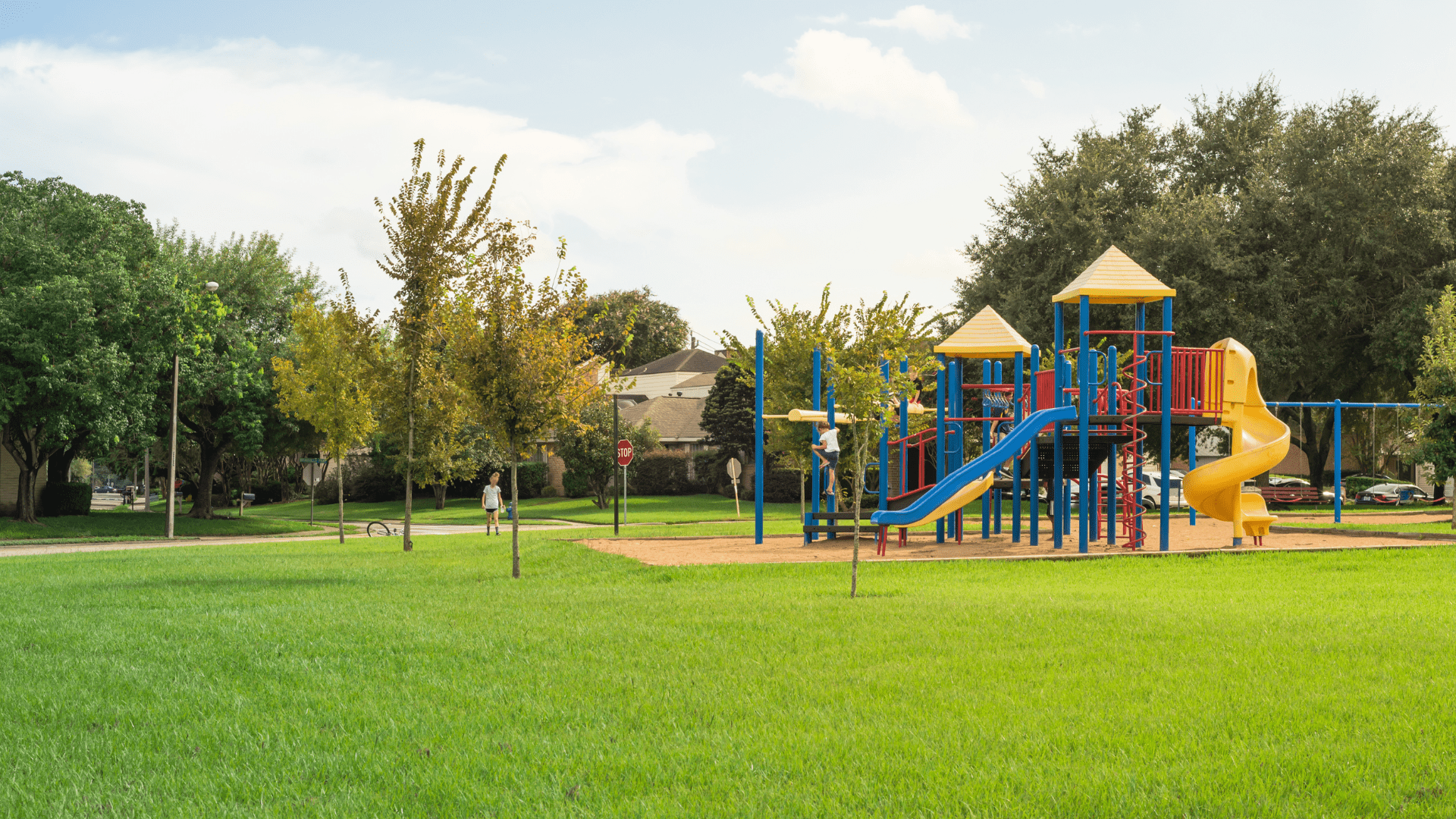Studies have shown how nature improves our moods and benefits our cognitive abilities. Additionally, the outdoors benefits our mental health and our ability to manage stress.
Benefiting Mental Health

At the forefront of our mental health is stress. Mayo Clinic nurse practitioner Jodie M. Smith said, “Stress stimulates our sympathetic nervous system, which is responsible for increasing our blood pressure, heart rate, and blood sugar in order to react to a stimulus that is causing us stress.” For those working from home, mental health can also be affected by the lack of access to outdoor spaces, making it crucial to seek out nature whenever possible
In addition to managing stress, Smith says there are benefits for people who suffer from chronic mental conditions like depression, post-traumatic stress disorder (PTSD), and attention-deficit/hyperactivity disorder (ADHD). Nature helps us a lot, whether someone has a mental condition or not. According to the Mayo Clinic, studies show that prolonged time in nature and nature-based therapy is a promising way to manage PTSD.
The best part of nature is that it’s all around us and doesn’t require a whole lot to immerse yourself in it. Smith said, “Being present in nature doesn’t ask or require anything of us, so it frees up our mind to think more deeply and clearly about things.”
Explore Tomorrow's World from your inbox
Get the latest science, technology, and sustainability content delivered to your inbox.
I understand that by providing my email address, I agree to receive emails from Tomorrow's World Today. I understand that I may opt out of receiving such communications at any time.
Access to Nature

Nature is all around us. But, it’s more accessible for others. For example, people in cities or urban areas don’t have as much access as someone in rural areas. According to the World Health Organization (WHO), 55% of people live in urban areas. Cities often lack green spaces and transportation to get to a green space. Limited green spaces in a city environment combined with the overstimulating, energetic atmosphere, can negatively impact mental well-being. Smith said, “If you live in an urban environment, exploring to find even a small natural reprieve can be extremely beneficial.”
Fully immersing yourself in nature is difficult in an urban environment. For example, taking a weekend camping trip might not be possible for some people but there are ways around it. Finding a small slice of greenery in a concrete jungle can make up for it. Immersing yourself in a green space can include finding a local park, relaxing under a large tree, or finding a pond or body of water to sit next to.
Finally, a significant barrier stands in the way of almost everyone—technology. While technology is great in many ways, it is also a distraction. Smith recommends slowing down and leaving the device behind when venturing out in nature.
Smith said, “Listen to the birds and the wind and the crackling of the leaves under your feet, and you really will notice a benefit in your well-being.”







